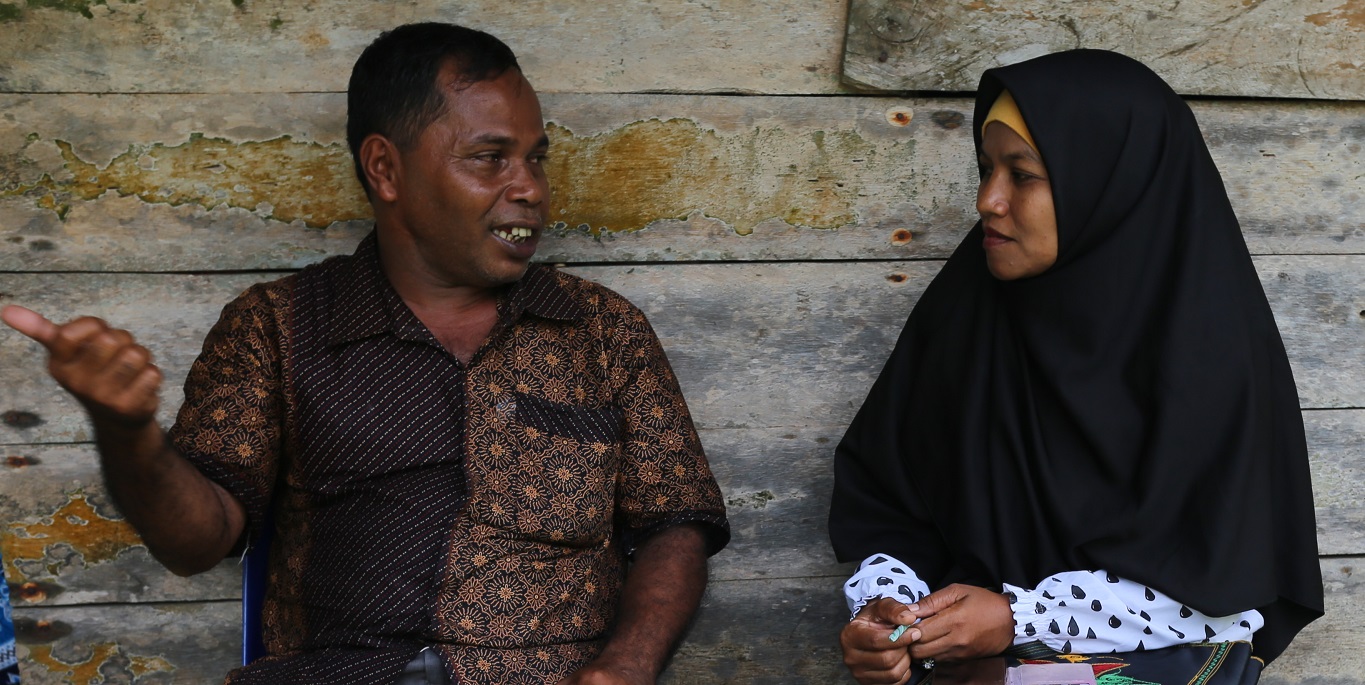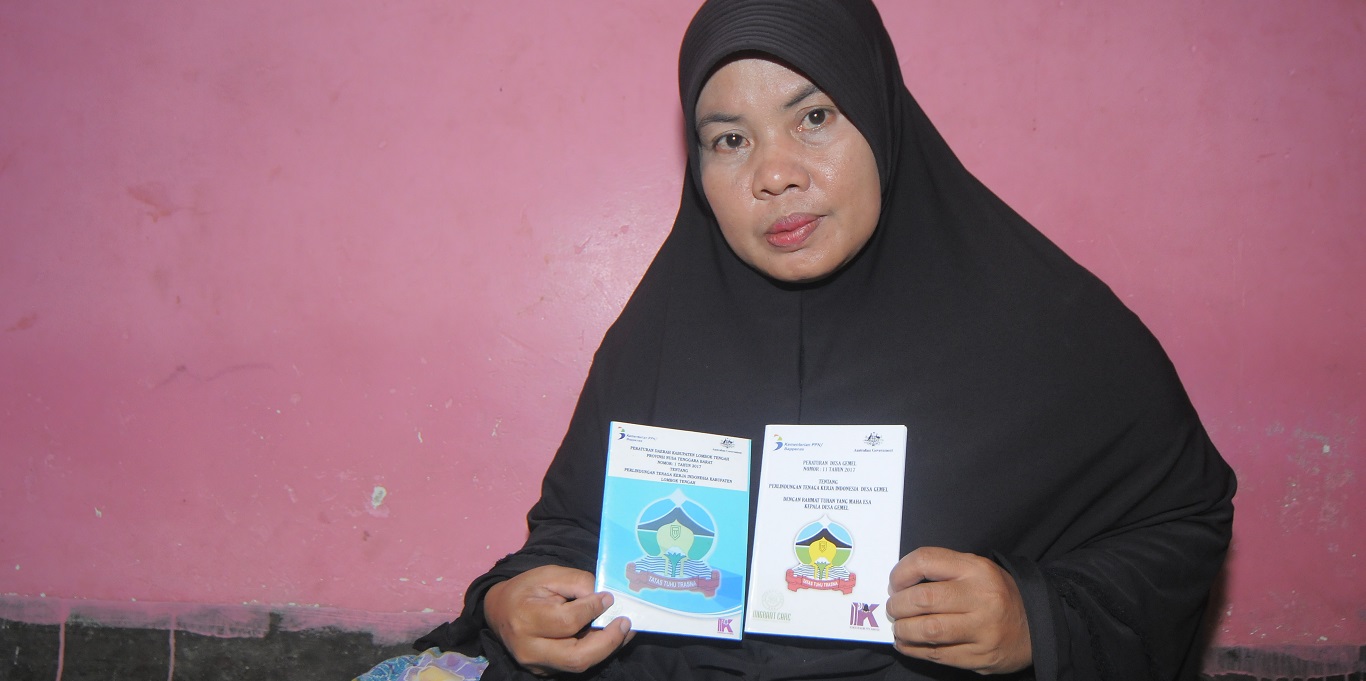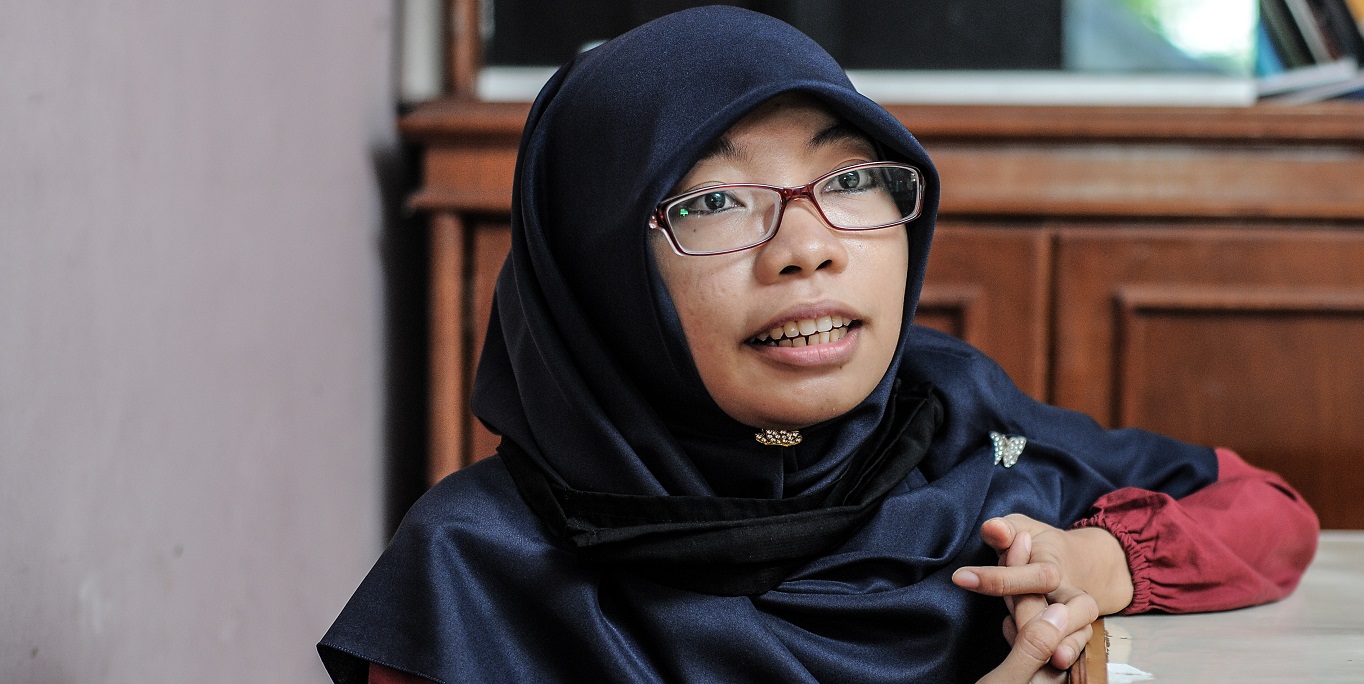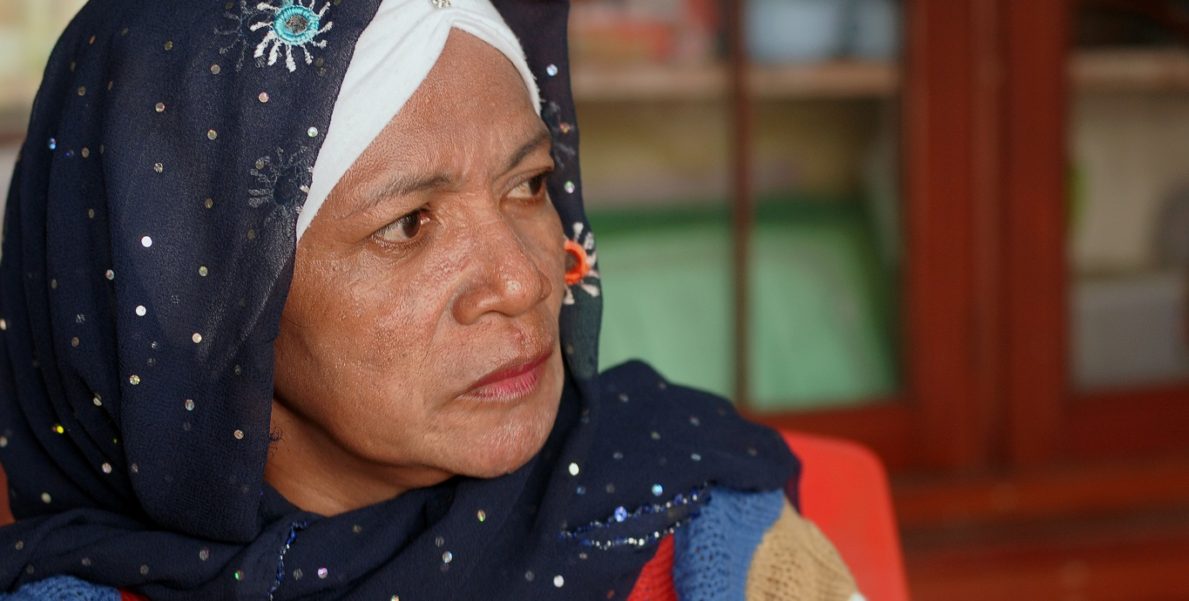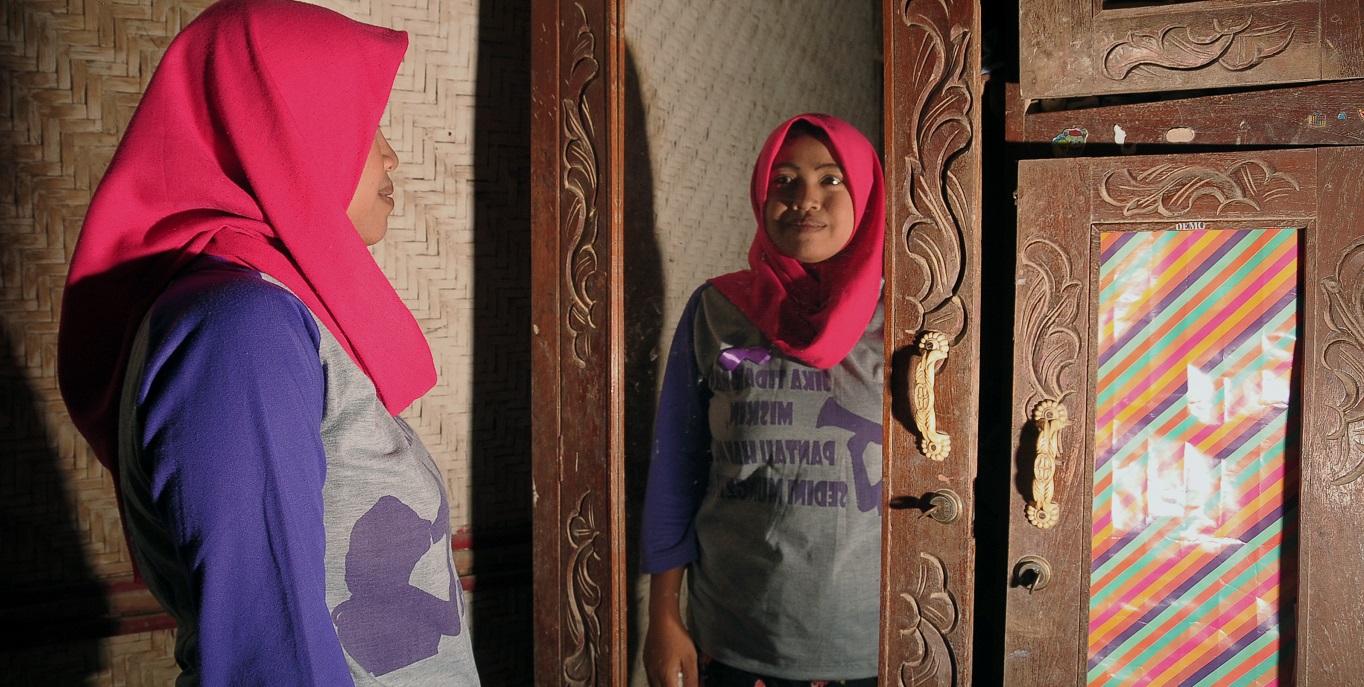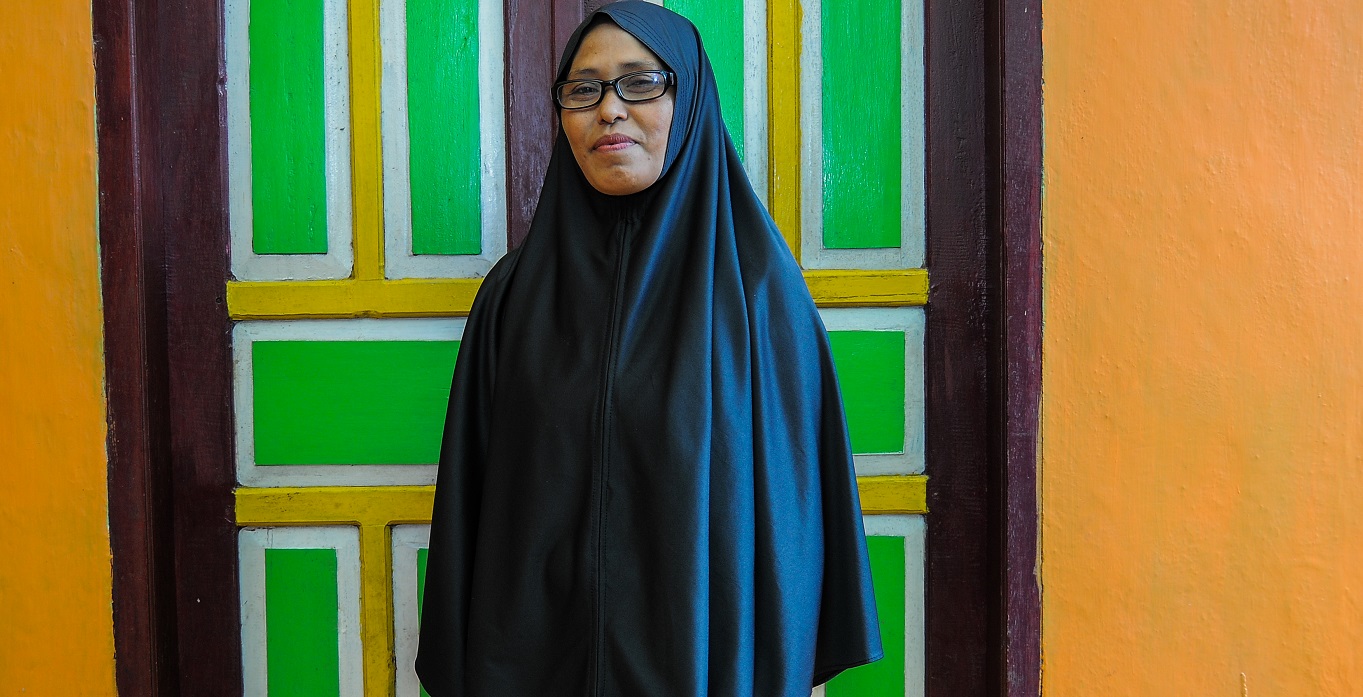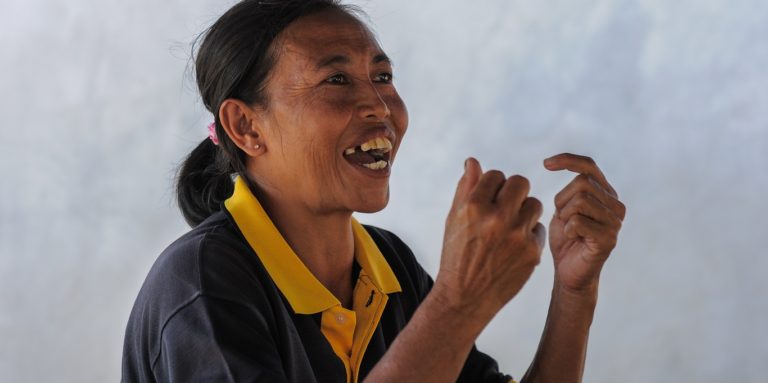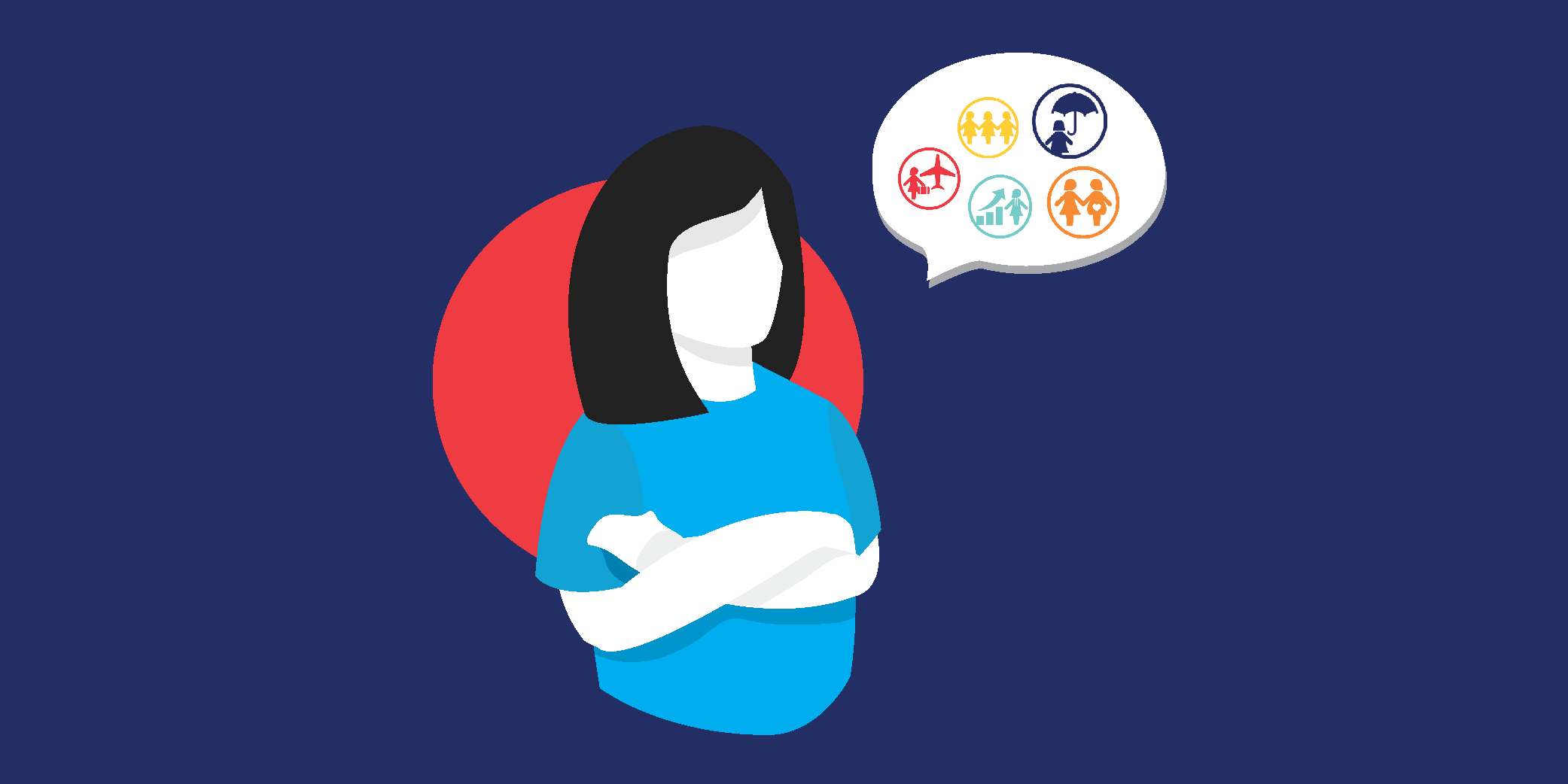Stories
PEKKA Makes Women Empowerment and Tradition Go Hand in Hand in East Nusa Tenggara
31 December 2016Penulis: admin
Tradition in Lembata, Nusa Tenggara Timur (NTT), is still very strong and it is an integral part of the women’s everyday lives. Possession of documents such as family cards and birth certificates for children of women who are heads of households are still a topic of debate, seeing that the common heads of households are men. Aside from this, there is a tradition in which members of the community should give material items in family traditional events such as marriage and funeral, this often burdened women heads of households who have no steady income. Women often felt confined with traditions within their society.
PEKKA, supported by MAMPU program, seeks to create community’s understanding of the importance of government legal documents for female heads of households to access these government’s social protection programs. Additionally, PEKKA conducts regular group discussions with women heads of households in Lembata. Through these group discussions, PEKKA provides skills training so that women heads of household have skills various fields.
Agnes Peni is one of the women’s groups’ chairman. Agnes was commissioned to create and carry out activities for her group members. Agnes, whose husband migrated to Batam felt the challenge of being a head of the family without legal documents. Therefore, the assistance of the women head of household to have a legal document is one of her main activities.
“In this Lemau village, most women heads of households already have valid documents such as family cards and birth certificates of their children. The birth certificate permits the use of just the names of the mother and child. This achievement came from a collaborative work between us, local government and the traditional leaders,” said Agnes.
There are some activities that Agnes’ group are doing. The first is “Nine Basic Needs Credit Union”, nine basic needs are basically nine items that needed daily such as rice, oil, sugar and eggs. The members can “borrow” the items that they need and “repay” the loan with the same basic ingredients that they have borrowed.
The second one is a community-based insurance. Through this insurance the women had to pay the one-time compulsory saving of IDR 50,000 (AUD$ 50). Then they have to have voluntary savings ranging from IDR 1,000 (AUD 10c) to IDR 5,000 (AUD 50c) which depends on how much each member can afford.
Third, Agnes also makes a program called “Firewood Union” (Arisan Kayu Bakar). Through this union, each member gathers dry twigs from the garden or forest, and then this stored up firewood is distributed in turn to each member when they are in need.
“The wood we took was not the result of deliberate felling. We just pick up the dry twigs that have fallen off the trees so as not to damage the environment. We then give the firewood to our members who need them for their daily activities.” Agnes explains.
Members of the group are encouraged to give their ideas to create activities that suit their needs. Most of the women are weavers and farmers. For their coffee and corn fields they need fertilizer. Therefore, by mutual consent, they made a “Garbage Bank”. Recyclable trash collected can be used as material for handicrafts, such as making bags, tablecloths and others. Meanwhile, organic waste, stored in tanks near the riverbank far away from the settlement, is burned and used collectively as fertilizer.
“Previously we bought fertilizer from outside the village, but now our trash bank provides us with enough which is helpful because the fertilizer we used to purchase is expensive and contains chemicals,” said Agnes.
All the group activities intended to increase self-confidence and self-reliance of women heads of households. According to Agnes, the understanding gained from regular MAMPU discussions bring about many positive changes in terms of female heads of household being able to act independently in meeting to their own needs.
“Through the group, these insights have succeeded in making a difference but this can be harmonized so that it both respects basic rights and maintains tradition. This means that both can continue. For me, tradition is a heritage that should be preserved.” She said closing the interview.



